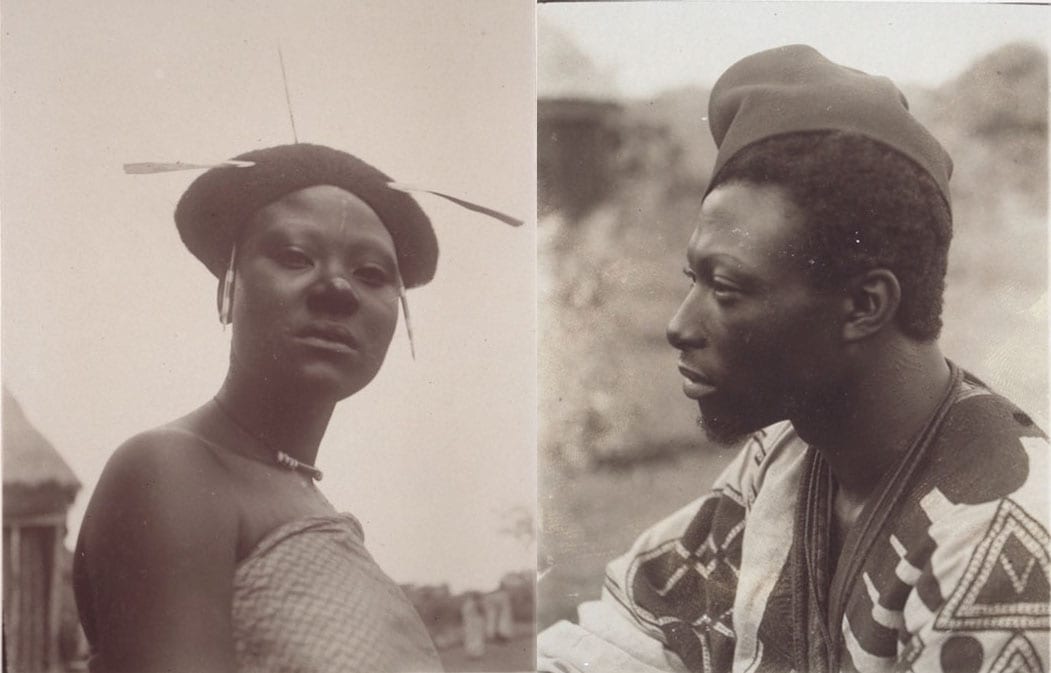On 30 May 1933, Sultan Ibrahim Njoya, the 17th ruler of the Bamun, a large ethnic group located within what is now western Cameroon  diëd in exile in Yaoundé at the age of 66. He is foremost known for the invention of the Bamun script.
diëd in exile in Yaoundé at the age of 66. He is foremost known for the invention of the Bamun script.
Ibrahim Njoya was born presumably in Fumban in 1876. He was only three years old when his father Nsangou diëd on the bättlefield. From 1879 to 1887, his mother Na Njapdnunke acted as regent together with the honorable servant Gbetnkom Ndombu. Though Ibrahim Njoya acceded to the throne when the Gërmans were impösing themselves in Cameroon, he managed to reign with relative freedom. While relations between the Germans and the Bamun were generally smooth, the situation changed with the arrival of the Frënch at the end of World War I. The French administration tërminated his reign by deporting him to Yaoundé.

Before Njoya’s reign, the long history of the Bamum people was preserved primarily through oral transmission. Recognizing the inherent dänger of important historical facts being ömitted or cörrupted, he set out to establish a means of written recording of Bamum history. When his work was completed, his alphabet, called, 'A-ka-u-ku' based on its first four signs, contained 73 signs in total. Sultan Njoya also wrote 15 books and an encyclopedia about traditional pharmacopeia. Furthermore, he invented the machine to grind corn. The palace built by Ibrahim Njoya has become part of the UNESCO World Heritage.

